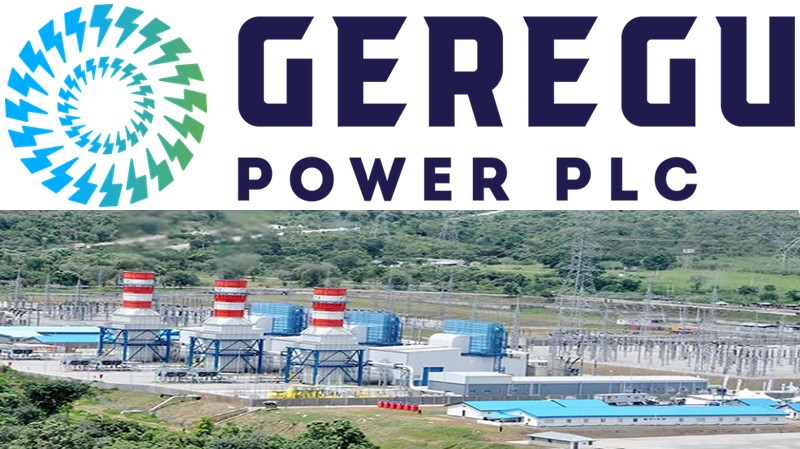- EEDC Invests in Anambra, Imo to Enhance Power Supply
Electricity consumers in Awka, Anambra State and Owerri, Imo State will soon begin to enjoy improved power supply going by the level of investments the Enugu Electricity Distribution Plc (EEDC) has made towards improving its electricity infrastructure in the two states.
These investments include the construction of a 1 x 7.5MVA Injection Substation at ABS, Awka, and upgrading of the 7.5MVA Injection Substation at Agu Awka to a 15MVA; while in Imo State, approval has been obtained for the construction of a new Oguta 33KV line valued at over N140 million, which will radiate from Egbu Transmission Company of Nigeria (TCN) station.
The Head, Communications, EEDC, Mr. Emeka Ezeh, who made this known in a statement, explained that the projects were necessitated by the challenges of poor electricity supply within the areas due to over loaded feeders.
The 1 x 7.5MVA Injection Substation at ABS, Awka, which would be ready for inauguration within the first quarter of the year, was expected to improve electricity supply to Okpuno, Isuaniocha, Mgbakwu, Urum and Amanuke communities and the university community.
The upgrade of Agu Awka injection substation was expected to address the electricity supply challenges and boost supply to Awka Industrial Layout, Ifite, Agu-Awka GRA, and parts of Nkwere Awka, UNIZIK, Amansea, Ebenebe, Ugbenu and Ugbene communities.
Also in Owerri, work would soon commence on the new Oguta 33KV line which would take care of customers in New Owerri, World Bank, Concord Hotel area, Irete community and industrialists within the area. Effort has equally been made to radiate a dedicated feeder to improve availability to Alex Aluminum and other industrialists within the cluster.
The EEDC had last year delivered major network enhancement projects ranging from de-loading of feeders, deployment of relief transformers and replacement of failed transformers. In Enugu, the company completed and inaugurated the 1 x 7.5 MVA Nike lake injection substations at Nike, which greatly improved electricity supply to the entire Nike area and parts of Abakpa.
In a related development, EEDC constructed three feeders to improve supply to her customers in Nsukka, they are the UNN 33KV, Nru 33KV and Wilson 11KV feeders. This has significantly improved power supply to the area and resulted to the deloading of Eha Amufu 33KV line.
According to Ezeh, the company x-rayed its network; identifying areas that needed critical attention with a view to strategically address them.
“It is not possible to attend to all the challenges at the same time, but there is a conscious effort by the business to deal with them and that has informed the investments in the network.
“These investments underscore our organisation’s commitment to strategically addressing the power supply needs of our customers, we are therefore hoping that they will reciprocate this gesture by ensuring they pay their electricity bills as and when due.
“It is also hoped that they join hands with the EEDC in safeguarding the power installations serving them from being vandalised, and desist from acts such as meter bypass and energy theft,” he added.


 Forex2 weeks ago
Forex2 weeks ago


 Naira1 week ago
Naira1 week ago
 Naira4 weeks ago
Naira4 weeks ago
 Company News4 weeks ago
Company News4 weeks ago




 Naira1 week ago
Naira1 week ago




 Naira3 weeks ago
Naira3 weeks ago
 Billionaire Watch1 week ago
Billionaire Watch1 week ago




 Naira6 days ago
Naira6 days ago

















